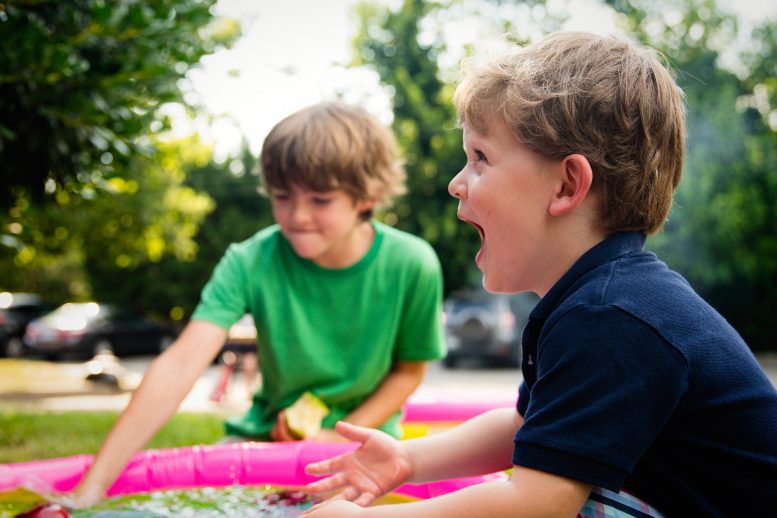Satisfied Childhood? Which is No Assurance for Fantastic Mental Wellbeing Later on in Lifestyle

It is very well recognized that a challenging childhood can enhance the chance of mental disease, but in accordance to new investigation from the College of South Australia, a content and protected childhood does not usually guard a little one from acquiring a psychological disease afterwards in everyday living.
Conducted in partnership with the College of Canberra, the finding is part of a examine posted in Present Psychology, which examined how early childhood activities relate to various developmental pathways, and how these could possibly be involved with bad psychological overall health.
Offered that both of those beneficial and damaging childhood ordeals have been located to manifest as anxiety or other psychological overall health ailments into adulthood, scientists believe that it’s our capability to adapt — or instead not adapt — to sudden eventualities that may possibly be influencing mental overall health.
In Australia, practically 50 per cent of the populace will practical experience psychological disease at some issue in their lives, with an approximated 314,000 little ones aged 4-11 (virtually 14 per cent) going through a mental ailment.
The national recurrent expenditure on mental wellbeing-connected products and services is approximated at $9.9 billion or about $400 for every person.
Even though the research reaffirmed that folks who had adverse and unpredictable early daily life experiences experienced elevated symptoms of bad psychological health (which includes depression and paranoia), it also discovered that young children who grew up in secure and supportive environments were also at chance of dealing with indicators of panic in adulthood.
Direct researcher, and PhD prospect, UniSA’s Bianca Kahl, suggests the examine highlights the indiscriminate character of psychological disease and reveals critical insights about opportunity danger components for all kids.
“As the prevalence of mental wellness conditions expands, it’s critical that we also extend our information of this really complex and diverse issue,” Kahl suggests.
“This investigate demonstrates that psychological well being problems are not entirely identified by early lifestyle gatherings, and that a little one who is lifted in a content house, could nevertheless develop up to have a mental well being ailment.
“There’s certainly some missing elements in comprehension how our childhood setting and early life activities may translate into psychological health outcomes in adulthood.
“We suspect that it is our anticipations about our environments and our skill to adapt to scenarios when our expectations are not staying satisfied, that may be influencing our experiences of distress.
“If, as kids, we discover how to adapt to alter, and we learn how to cope when issues do not go our way, we could be in a far better situation to reply to tension and other risk components for weak psychological wellness.
“Testing this speculation is the target of the subsequent study examine.”
Reference: “Testing a life historical past design of psychopathology: A replication and extension” by Bianca L. Kahl, Phillip S. Kavanagh and David H. Gleaves, 13 October 2020, Present Psychology.
DOI: 10.1007/s12144-020-01062-y






